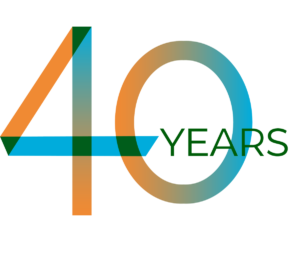Crains Detroit Business Publication:
Problem: Consultants warn businesses not to bite off more than they can chew. It’s the “know when to say no” axiom: It’s all right to turn down work when taking it likely will cause more harm than good. Taking a new, big customer might cause the business to overextend itself, go too far into debt, accept bad terms, overburden workers and damage relations with longtime customers.
Solution: Many companies at this point build or buy a new factory and stuff it with equipment for one big project and hope more work comes along to soak up the added capacity once the big project is over.
Miller instead set up a “M.A.S.H. unit,” a special team at a separate location assigned solely to handle the Chesapeake job. In a span of three weeks, Duo-Gard got a short-term lease on a building in Livonia, hired eight full-time production workers, and set up air compressors, metal processing equipment and any other machinery needed.
While the unit was not a separate entity, Duo-Gard in practice treated it like one by maintaining separate account records that wouldn’t alter the financial picture of the company’s regular business. It kept the big numbers off the regular books, helping to ward off outsized decisions for the main business.
“It’s keeping yourself from fooling yourself,” Miller said. “Over the course of two years, it’s easy to start drinking the Kool-Aid.”
Duo-Gard did have some leeway in that it would receive payments throughout the course of the job. It explained this to two key suppliers and negotiated a delayed payment schedule to match their own payment schedule. This relieved some cash flow pressure; the company’s bank relieved it some more by extending Duo-Gard’s line of credit by $1 million.
Production started in 2012 and wrapped up at the beginning of 2014. Everyone got paid.



